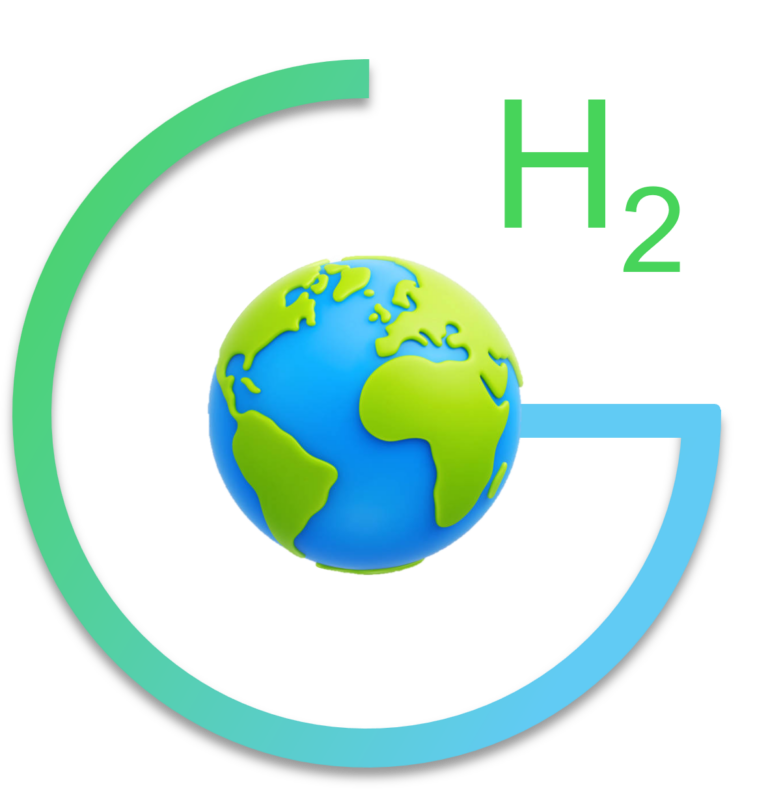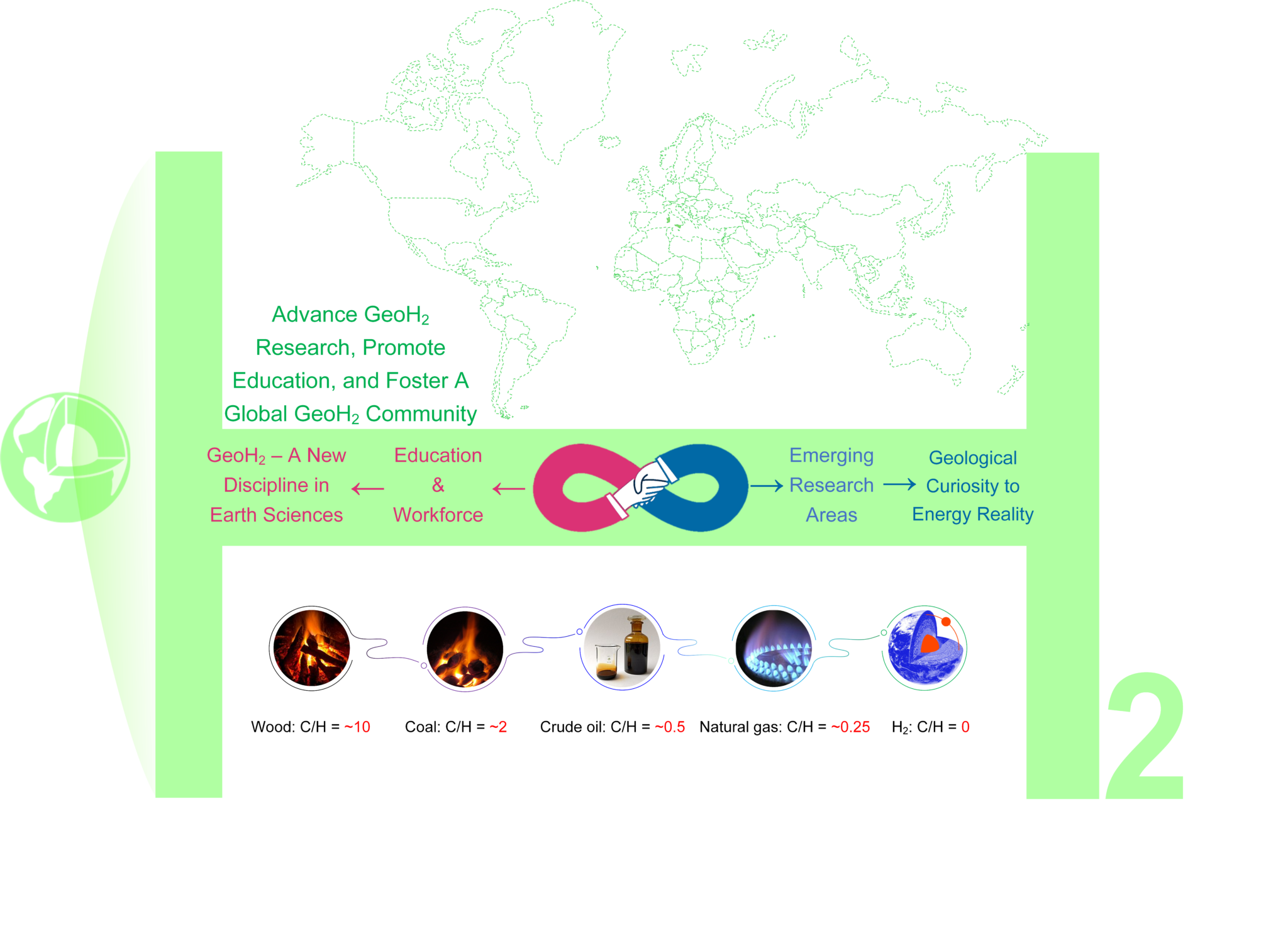
The Association of Geological Hydrogen will receive U.S. DOE funding to increase knowledge and eventually research about this carbon-free energy source.
Qingwang (Kevin) Yuan has a vision to advance the emerging field of geologic hydrogen (GeoH2) and enable it as a primary, zero-carbon energy source.
To take a step in this direction, the assistant professor of the Bob L. Herd Department of Petroleum Engineering co-founded the Association of Geological Hydrogen (AGH) earlier this year.

A few weeks later, on Jan. 16, AGH was selected by the U.S. Department of Energy (DOE) as part of six other non-profit educational organizations to receive up to $300,000 each in funding for its Clean Energy Careers for All program.
“Partnering with organizations who are already doing outstanding work to attract a wide variety of talent to STEM-focused careers in energy innovation is one of the best ways DOE can support the development of the necessary workforce to secure America’s resilient energy future,” said Susan Hamm, Integrated Strategies Office director for DOE’s Office of Energy Efficiency and Renewable Energy.
For AGH in particular, the DOE funding will allow the organization to establish new industry, university and national lab partnerships to strengthen the collaborations among academic and industry to promote hands-on experiences through internships and mentorship programs. The team will be able to expand the career exposure for students from K-12 to early-career researchers through site visits, mentoring and networking events.
The grant will also allow the team to enhance GeoH2 education and training, including GeoH2 textbook and curriculum development, teacher professional development and certification programs. Eventually, the team will establish a new workforce pipeline and advance research and technology to enable GeoH2 as a primary carbon-free energy source in the future.

Based on their initiative’s performance during the Phase 1 evaluation period, AGH and the other organizations will be eligible to compete for Phase 2 funding. The top three to five teams will split an additional award pool of approximately $750,000 in the culmination of Phase 2.
The AGH’s collaborative institutions include Texas Tech, Texas A&M University, University of Texas at Austin, The Pennsylvania State University, National Renewable Energy Laboratory, National Energy Technology Laboratory, Los Alamos National Lab, Addis Energy, GTI Energy, and Texas Hydrogen Alliance. More collaborations with universities, national labs, companies and non-profit organizations will be established as the project continues.
Yuan encourages highly passionate undergraduates, graduates, early-career researchers, educators, engineers, innovators, pioneers, leaders and gamechangers to consider joining the AGH team.
“We offer an unparalleled opportunity to be at the forefront of a transformational source of energy,” he explained. “By getting involved with AGH, you can make a meaningful impact by contributing to clean energy and could become a global leader in GeoH2 in the future. You can network with top experts from academia, industry and government in the fast-growing GeoH2 sector. You will gain valuable experience through mentorship, site visits and hands-on projects. Plus, your participation will join a global movement shaping research, technologies and the workforce for sustainable energy solutions.
“Let’s work together to enable GeoH2 as a primary energy source.”
